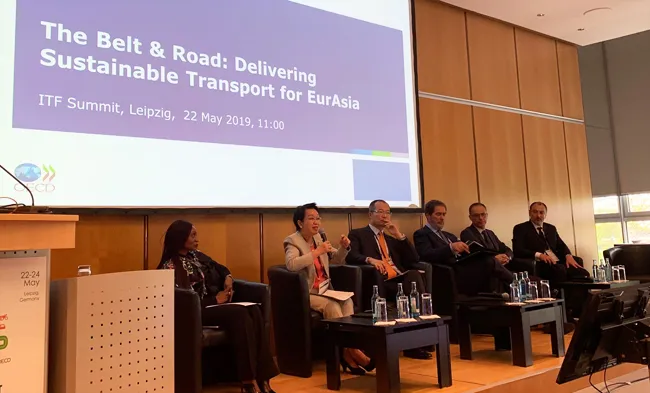Key bodies such as the European contractors’ association, FIEC, and the construction equipment manufacturers’ association,
Meanwhile CECE secretary general Riccardo Viaggi said: “Digitalisation of the construction equipment sector has been a key priority for CECE. We recognise the importance of working in a value chain approach and, as the Manifesto reads, all industry representatives pledge to collaborate intensively, to lead and support the industry in order to enable a successful digital transformation of the construction industry.”
“Given that digitalisation of the industry has been a key priority in FIEC’s work programme since 2016, this collaboration with other industry associations and emerging partners from outside the industry, is a logical step, aimed at ensuring that the transformation happens smoothly, without some companies being left behind,” Tonning added. “The joint manifesto shows our commitment to this partnership, which should represent the entire value chain.”
European digitalisation of construction industry offers roadmap for future
Europe’s leading construction industry associations are joining forces to publicise the release of a new manifesto on digitalisation. This construction industry manifesto focuses on the use of smarter construction technologies in a bid to deliver a stronger economy, an inclusive society and more efficient practises. The manifesto calls for strong political leadership from the EU, an appropriate regulatory framework on data policy and budgetary focus on digital skills, research and development and IT infrast
June 11, 2018
Read time: 2 mins
Europe’s leading construction industry associations are joining forces to publicise the release of a new manifesto on digitalisation. This construction industry manifesto focuses on the use of smarter construction technologies in a bid to deliver a stronger economy, an inclusive society and more efficient practises. The manifesto calls for strong political leadership from the EU, an appropriate regulatory framework on data policy and budgetary focus on digital skills, research and development and IT infrastructure. The participants say that the construction industry can help build a stronger economy and an inclusive society by sustaining its competitiveness on the global stage.









